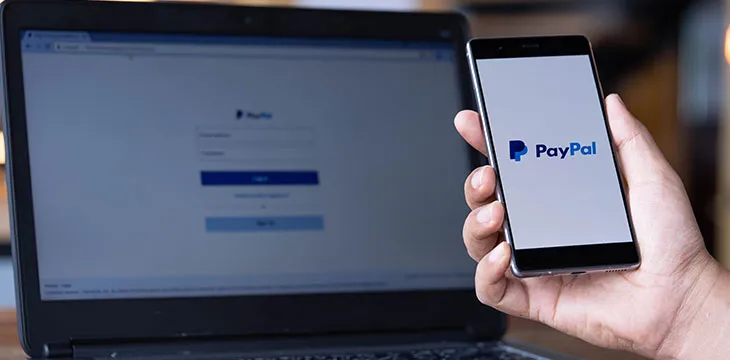|
Getting your Trinity Audio player ready...
|
Crypto ransomware has become a growing crisis across the globe, and PayPal announced last week that they have developed a new technology that received a patent that could help to fight this cyber fraud. This technology should help to detect crypto malware and help to mitigate, if not eradicate, its effects outright.
The patent was first filed in September 2016 but did not receive approval until April 16, when the U.S. Patent and Trademark Office (USPTO) officially granted the patent. This allows the company to be able to take advantage of existing system data caches that are able to better detect ransomware and prevent it from locking potential victims’ files.
This kind of extortion has become a major concern for law enforcement officials, businesses, and individual users across the globe. Already this year, companies report that this ransomware has cost them 90% more in the first quarter of this year than what it did in the first quarter of 2018.
How the malware works is simple, but difficult to detect and disarm. Hackers are able to gain access to the computers and network of these companies, blocking access for users. They then forced the company to pay some form of ransom to be able to access their files and regain control once the payment is received.
One of the most famous attacks was the Ryuk ransomware which targeted big companies who simply could not afford to be down for any portion of the time. Companies are either forced to pay the ransom or to spend as much as $100,000 to repair the damage caused by the software.
In recent years, many of these attacks have been traced to Iran. In fact, WEX, which was the successor to the BTC-e exchange, was found to have been linked to Iranians involved in ransomware according to a report by the U.S. Department of Justice. BTC-e had been seized and senior officials were arrested at the company in 2017 after it was discovered that two Iranians had developed ransomware specifically linked to the exchange.
In November 2018, the United States Treasury Department linked two separate wallet addresses that were associated with this malware to Iranian citizens. As a result, the two were blacklisted from owning wallet addresses, the first time that a regulating body has blacklisted any crypto wallet addresses.
PayPal hopes that they have provided a deterrent that should stop these malware programs from being able to be used to extort companies and individuals. However, they still caution all computer users, especially consumers and small businesses that it is essential for them to back up data. This will enable them to be able to bypass any ransomware instantly by restoring a backup.

 07-14-2025
07-14-2025 





